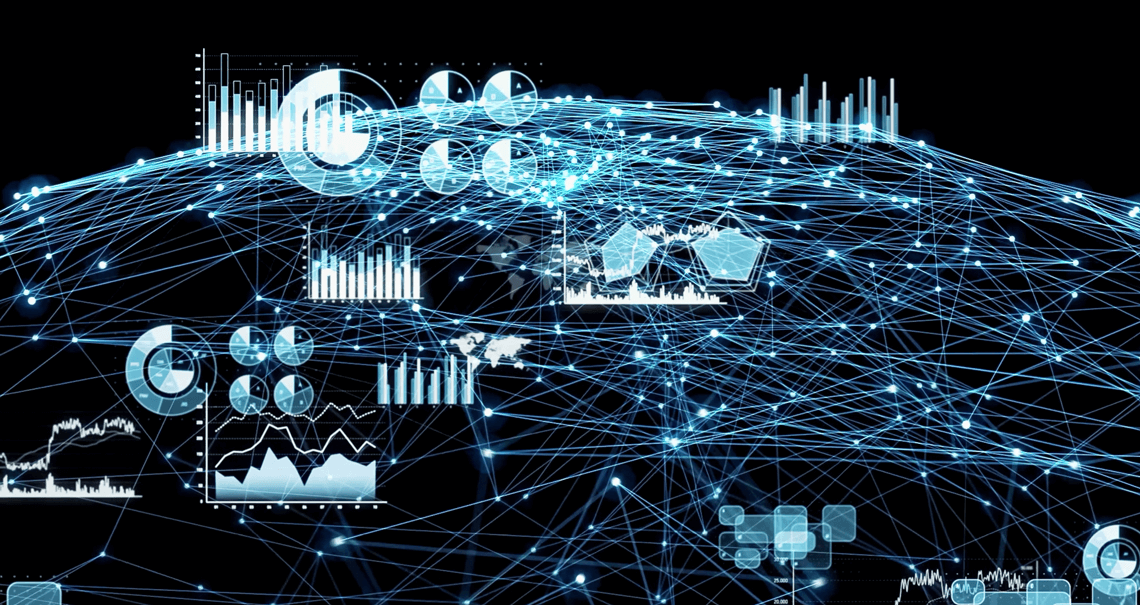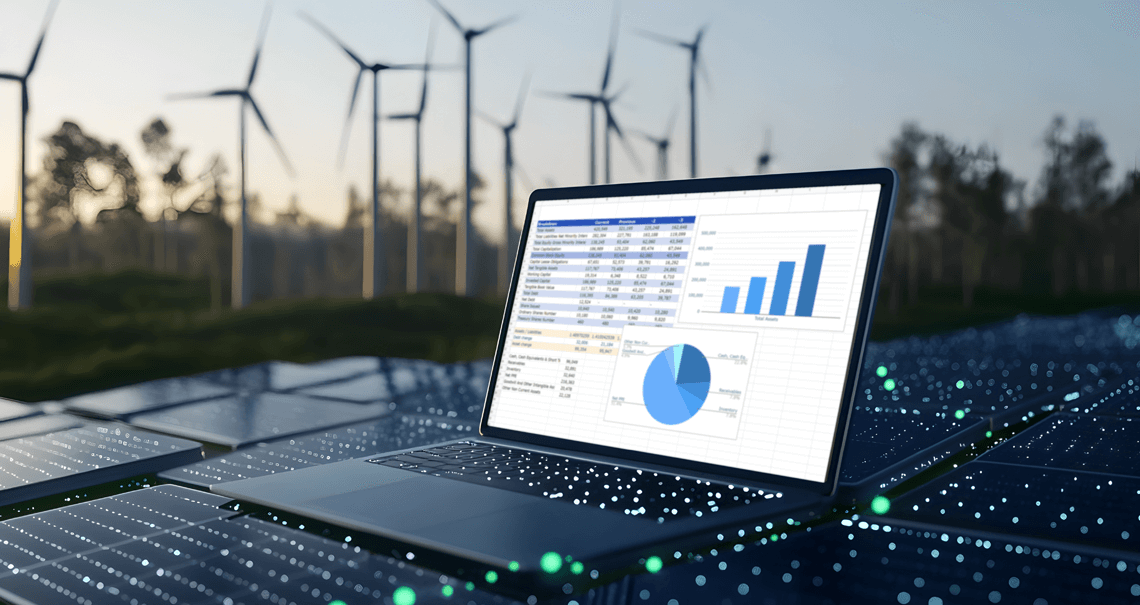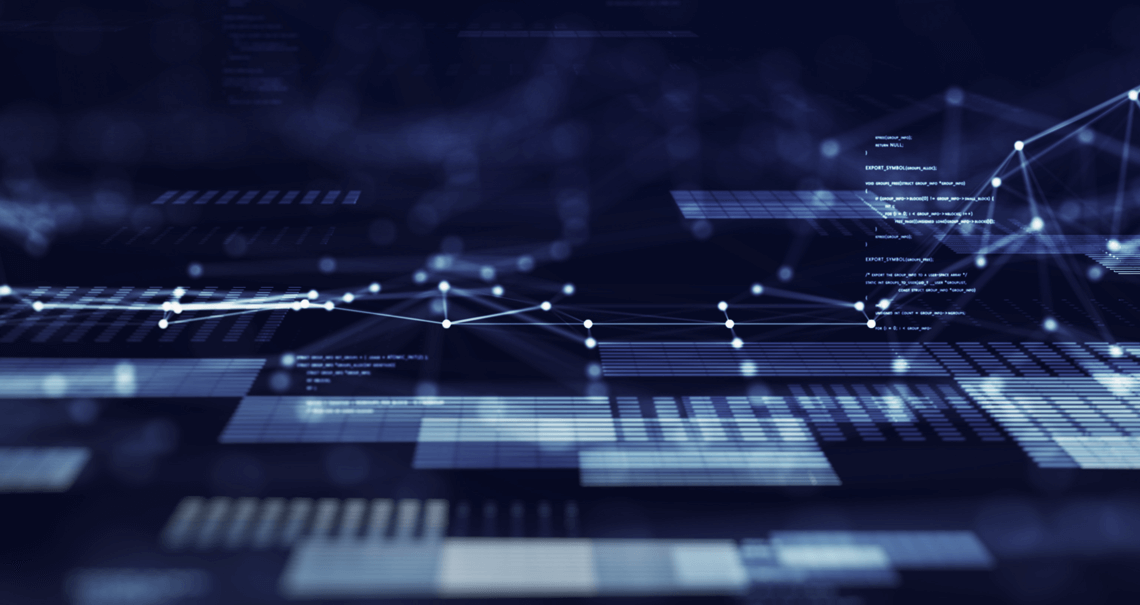Thoughts from Commodity Trading Week Americas: Digitalization in the Energy and Commodity Trading Industry

At the recent Commodity Trading Week Americas conference in Chicago, one of the topics du jour was digitalization and how companies in the energy and commodities industry are using the latest technology and tools - including, you guessed it, AI.
As we look across the tech sector, we see a variety of uses for generative AI, most notably coming from the introduction of ChatGPT - which has now seeped into the collective consciousness of business professionals in a variety of industries.
However, let’s back up for a minute and understand the part digitalization is playing in the energy and commodities space, specifically. Software like ETRMs/CTRMs have been around for a few decades now, and other platforms that help companies track their carbon footprint, for instance, are becoming more and more prevalent as the world continues to shift towards practices that mitigate emissions and address climate change.
Table of Contents
- What Outside Factors are Affecting the Use of Technology in the Trading Industry?
- How is the Energy and Commodity Trading Space Keeping Up with and Utilizing the Latest Technology, such as AI and Machine Learning?
- What is Keeping Organizations from Evolving Their Technology?
What Outside Factors are Affecting the Use of Technology in the Trading Industry?
During a panel discussion entitled Trading, technology and the global economic recovery: Leveraging digitalization to streamline the trade lifecycle, panelists including Harry Knott, Chief Business Architect at Quor; Roheet Shah, Co-Founder and COO of CarbonChain, and Molecule’s own Founder and CEO Sameer Soleja discussed how we got to where we are today in terms of how we use technology.
This, of course, started in 2020 with the pandemic and shift to remote work, which up-ended all of our lives in a litany of ways. For instance, one of the biggest changes has been at an IT infrastructure level and stems from the ability to support collaboration tools - which, in turn, increases trading intelligence between commodity groups.
Certainly, not being tied to specific physical locations has affected how business is done in several key ways, and have activated our use of technologies that may have been dormant for a while. “I think the lack of reliance on physical location is a kind of thing that has pretty much become universal for pretty much every type of business,” added Knott. “I think in terms of how big a step that is from a technology standpoint, it's mostly getting more used to using the technologies that have existed for a while that haven't been necessary.”
“I think what's really interesting… is the opportunities now that digitalization has to increase transparency, information sharing, efficiency, and really leads to just quicker decision making in business,” said Shah, who was also quick to point out the challenges businesses will encounter by not adopting and adapting to the digital way of life. “The challenge that comes from that is really trying to figure out what information is critical to capture in our digital systems and then how do we use that for growing our businesses…folks who are not leaning into, you know, getting the most out of the digital tools are really gonna start to face some challenges.”
How is the Energy and Commodity Trading Space Keeping Up with and Utilizing the Latest Technology, such as AI and Machine Learning?
There are a variety of technologies that are being used more and more often to solve business challenges in energy and commodity trading, such as capturing and analyzing data to extract the most value from it.
“One of the things that we've seen in the last few years is the ways that people are making trading environments, not just the clones of their paper versions, but small and sort of nimble,” said Soleja. “So, people using Power BI where before they would have had to buy a huge business intelligence solution.”
Of course, the elephant in the room and the term on everyone’s technology bingo card was AI - so, naturally, the discussion shifted to how the industry is adopting it (or, potentially, not using it).
“I'm seeing more trading companies use AI powered tools, in our space, to really try to find the greenest kind of assets,” said Shah, who spoke from a carbon emissions tracking perspective. “For those who have business going in or out of Europe, [AI is being used to] start predicting and optimizing for carbon tax, which is about to come into effect in Europe.”
However, many in the industry will likely take a more wait-and-see approach to the use of generative AI, mainly due to factors like lack of real-time data and issues with intellectual property (in other words, contributing what is essentially proprietary data to a public platform, like ChatGPT).
What is Keeping Organizations from Evolving Their Technology?
Certainly, proprietary data is just one challenge to companies adopting new tools and technologies, like AI. In general, a resistance to change is a big internal factor that holds them back.
“The biggest point of resistance is really just habit…people are used to the way certain things work to the extent they think that is the way the thing should work,” said Knott. “But at the same time for the business…we need to keep an open mind as to what we could do as opposed to what we’re used to.”
So, is the industry “there” yet with its use of digitalization? We’re definitely in wait-and-see mode, but we’re also taking small steps in the right direction.
Away from the panel discussion, Soleja provided his perspective in a LinkedIn post made a point about other areas of greater need in the industries use of technology.
“AI and tools like ChatGPT may be the trend in the broader tech industry, but in the energy and commodity trading space, interoperability and standardization of systems are even more important and long overdue,” he said in his post. “While innovation comes from experimenting with new technology and tools, we shouldn’t try to shoehorn it into our business strategies to mark it off on our tech bingo cards.”





